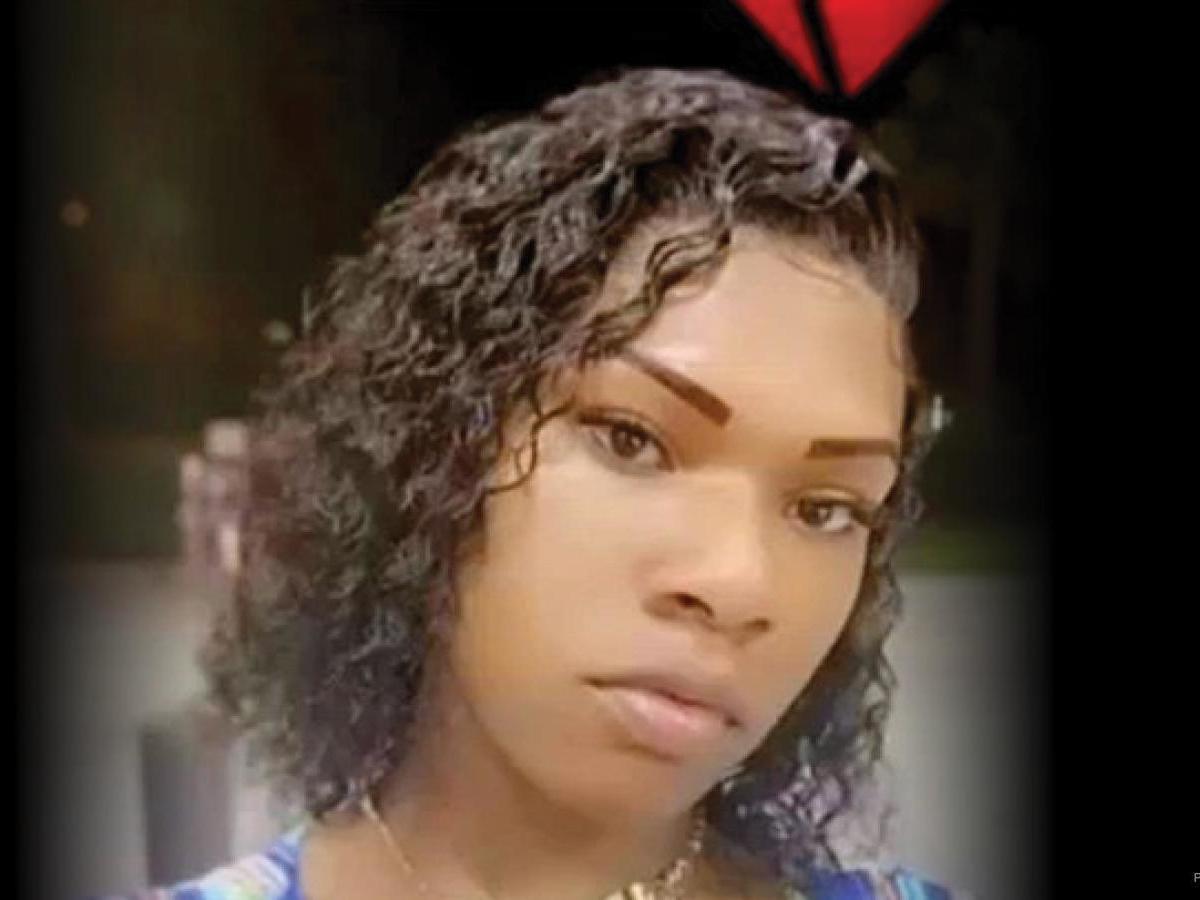Black transgender woman found torched in car as campaigners warn LGBT rights are fragile in Trump’s America
18th transgender person killed in US this year prompts caution of stigma among leaders filtering to violence on ground

On the still dark morning of September 4, tucked behind a rural Florida neighbourhood dotted with single-story houses painted bright green, turquoise and pink, flames licked the metal frame of a PT Cruiser parked in the grass.
When Hendry County Sheriff's deputies doused the flames, they found a woman's body inside so badly burned she couldn't be identified for days.
Now police say that Bee Love Slater, a black, transgender 23-year-old from South Florida, was murdered.
Investigators have not announced any suspects or leads, and the sheriff's office told reporters they could not say whether the grisly homicide was a hate crime.
"We can't say it's a hate crime yet because we don't know what the motive was," Susan Harrelle, from the Hendry Country Sheriff's office, told ABC 7.
But advocates say Ms Slater was the latest victim in an alarming trend, as transgender murders are spiking across the US - particularly in Florida, where the hate crime statute does not apply to people attacked for their gender identity.
"Our society needs to work to ensure transpeople can live without fear," the American Civil Liberties Union of Florida said in a statement about Ms Slater's death.
Ms Slater's body was found at the edge of Harlem, Florida, a small community about 65 miles west of West Palm. Slater lived about 32 miles away around the southern bend of Lake Okeechobee in Pahokee, Florida, an economically depressed town best known for producing NFL talent.
Her friends say Ms Slater, who transitioned her gender earlier this year, wanted to save money to move to Atlanta, where she believed people would be more accepting of her transgender identity.
"She always had a smile on her face," her friend Desmond Vereen, who called himself her "gay mother," told the Miami Herald. "She always gave hugs and kisses, always told you that she loved you."
But more recently, Ms Slater began posting on Facebook that she'd gotten harassing messages that scared her, a friend told Out Magazine. She reportedly texted a friend that she wanted to leave town the night she died.
"She posted messages saying she felt as if people were after her to attack and hurt her and she had a conversation with one of her best friends the day she was murdered saying she wanted to leave [the city]," her friend Antorris Williams told Out.
"She was willing to sleep in her car until she found a job and things of that nature."

So far, the sheriff's office says there is "no evidence" about the cause of her death - in part because her car was scorched to its metal frame. Meanwhile, her friends and transgender rights advocates are demanding justice.
"How could someone go to that extreme to get rid of her?" her friend Kenard Wade told WINK news. "I just want justice for her."
At least 18 transgender people have been murdered in the US this year, according to Human Rights Campaign advocates who track the homicides. Last year, advocates counted 26 murders, including five in Florida, the highest number in any state.
While Florida's hate crime statute allows prosecutors to seek stiffer penalties when a crime is motivated by malice towards someone's "race, religion, ethnicity, colour, ancestry, sexual orientation, or national origin," gender identity, including transgender identity, is not protected under the state law. Advocates say that limitation can leave transgender people more vulnerable to violence.
"These victims are not numbers - they were people with hopes and plans, dreams for the future, loved ones and communities who will miss them every day," writes Matilda Young for the Human Rights Campaign, an LGBTQ rights advocacy group.
"Anti-transgender stigma is exacerbated by callous or disrespectful treatment too often seen from media, law enforcement and our highest elected officials."
On September 6, the day Ms Slater was identified by the medical examiner, friends and supporters dressed in pink gathered on the grounds of an apartment complex in Pahokee.
They lit candles arranged to spell out "Bee Love." They sang together and held dozens of pink balloons shaped like hearts and stars.
People took turns telling stories about Ms Slater and remembering her life.
The crowd cheered for Slater as they let go of the balloons, which floated away into the night sky.
"I'm here and I'm going to speak and do whatever I have to do," Mr Vereen said. "Her name is going to live on."
The Washington Post
Join our commenting forum
Join thought-provoking conversations, follow other Independent readers and see their replies
Comments
Bookmark popover
Removed from bookmarks